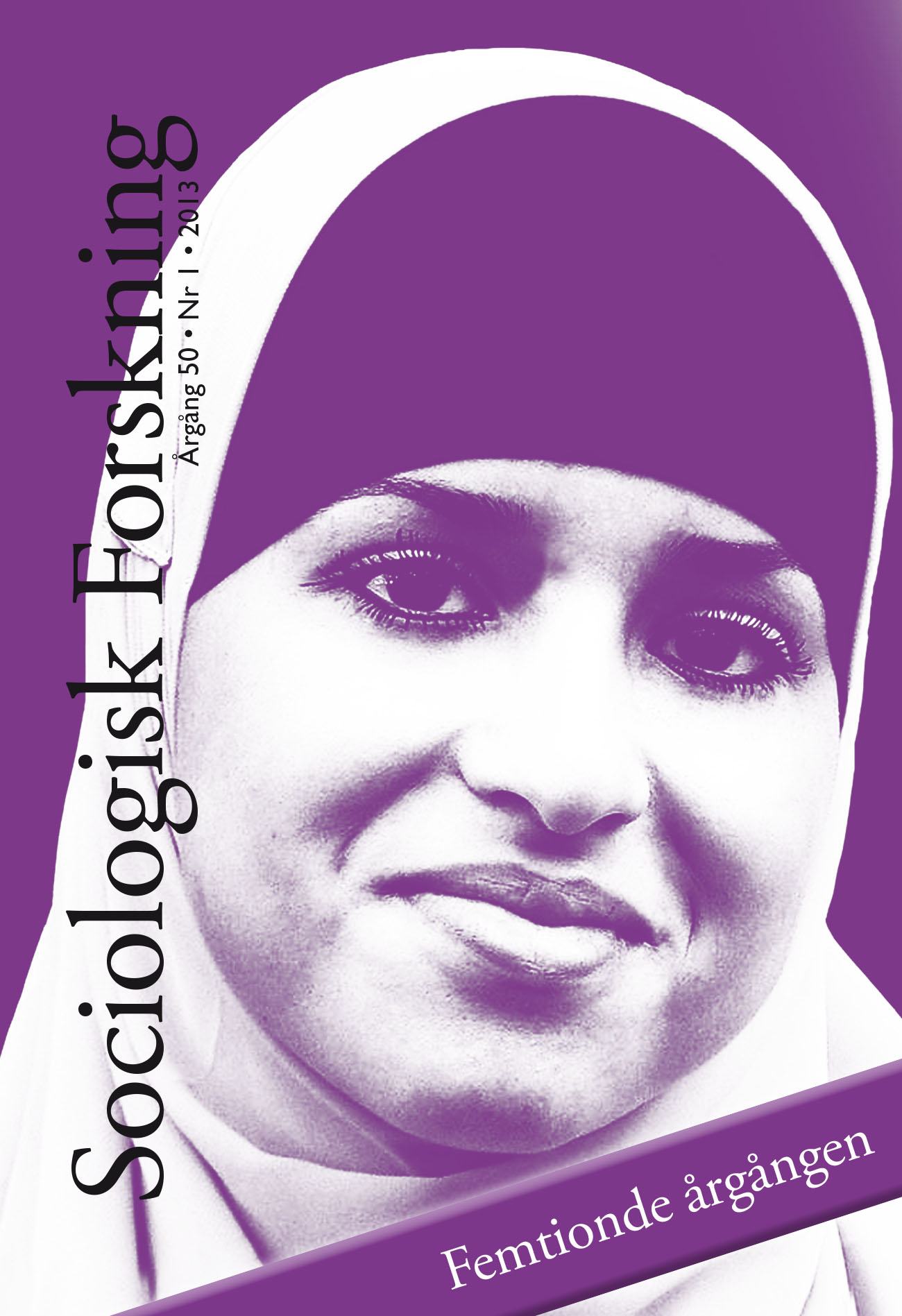Förlåtelse, försoning och oförsonlighet i överlevandes berättelser efter kriget i Bosnien
DOI:
https://doi.org/10.37062/sf.50.18367Keywords:
forgiveness, reconciliation, implacability, emotions, narrativeAbstract
Forgiveness, reconciliation and implacability in narratives of survivors after the war in Bosnia and Herzegovina
In this article I analyze verbally portrayed experiences of 27 survivors from the 1990s’ war in Bosnia and Herzegovina. One aim of the article is to analyze markers for reconciliation and implacability, the second is to describe the terms for reconciliation which are actualized in those stories. The interactive dynamics, which occurred during the war, make the post-war reconciliation wartime associated. Narratives about reconciliation, implacability and terms for reconciliation, are not only formed in relation to the war as a whole but also in relation to one’s own and others’ wartime actions. The narratives about reconciliation become an arena in which we and them are played against each other in different ways – not least by rejecting the others’ acts during the war. In the interviewees stories implacability is predominant but reconciliation is presented as a possibility if certain conditions are met. These conditions are, for instance, justice for war victims, perpetrators’ recognition of crime and perpetrators’ emotional commitment (for example the display of remorse and shame).
Downloads
Published
How to Cite
Issue
Section
License
All content in Sociologisk Forskning is published with immediate open access, under the Creative Commons license CC BY-NC-ND 4.0.
All content may be read, downloaded, shared and printed for non-commercial purposes, free and without fees. Contents may not be altered. When content is reused, author, source and a link to the copyright licence must be provided. The author retains copyright to their content. No publication fees are charged.





